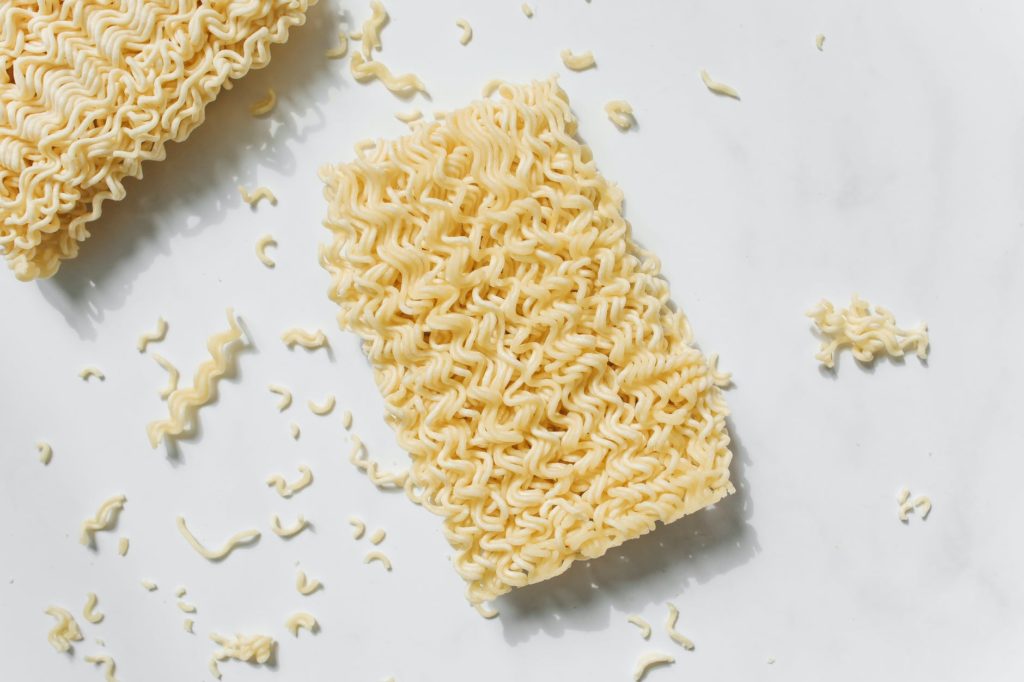
In recent months, the food industry has witnessed a growing number of product recalls, with noodles taking the spotlight due to safety concerns. As consumers become increasingly aware of the potential dangers lurking in processed foods, the noodles recall has raised questions about food safety standards and the measures in place to protect the public. With various noodle brands facing scrutiny, it’s essential to stay informed and understand the implications of these recalls on consumers and manufacturers alike.
The noodles recall not only affects the immediate health and safety of consumers but also has far-reaching consequences for manufacturers, retailers, and the overall market. When a brand is recalled, it can suffer significant financial losses and reputational damage. For consumers, the stakes are even higher; improper consumption of contaminated noodles can lead to foodborne illnesses that may have serious health implications. Therefore, it’s imperative to delve deeper into the reasons behind these recalls and how consumers can safeguard themselves.
As we explore the noodles recall phenomenon, we will cover critical aspects such as the causes of these recalls, how to identify affected products, and what steps you should take if you’ve purchased potentially contaminated noodles. By educating ourselves about these issues, we not only empower ourselves as consumers but also contribute to a broader conversation about food safety in our communities.
What Are the Common Reasons for Noodles Recall?
Noodles can be recalled for several reasons, including:
- Contamination with harmful bacteria such as Salmonella or E. coli
- Presence of undeclared allergens, such as gluten or soy
- Mislabeling of ingredients, leading to consumer confusion
- Physical contamination from foreign objects during production
How Do Consumers Find Out About Noodles Recalls?
Consumers can stay informed about noodles recalls through various channels:
- Official government websites like the FDA or USDA
- News outlets reporting on food safety issues
- Brand-specific announcements via social media or newsletters
- Retailer recalls posted in stores or online
What Should You Do if You Have Purchased Recalled Noodles?
If you discover that the noodles you purchased are part of a recall, take the following steps:
Are Certain Brands More Prone to Noodles Recall?
While no brand is immune to recalls, some may experience them more frequently due to various factors:
- Size and scale of production, leading to more opportunities for errors
- History of previous recalls, which may indicate systemic issues
- Vigilance in quality control processes and adherence to safety regulations
How Do Noodles Recalls Impact the Market?
The impact of noodles recalls extends beyond individual consumers. Here’s how:
- Loss of consumer trust in affected brands, leading to decreased sales
- Increased regulatory scrutiny on noodle manufacturers
- Potential for higher prices as companies implement more rigorous safety measures
What Are the Long-term Consequences of Noodles Recall?
Long-term consequences of a noodles recall can include:
- Stricter regulations and oversight from food safety authorities
- Changes in consumer purchasing habits towards safer alternatives
- Enhanced focus on transparency and ingredient sourcing by manufacturers
How Can Consumers Advocate for Safer Noodles?
Consumers have a role to play in advocating for improved noodle safety:
- Educate themselves on food safety guidelines
- Support brands that prioritize safety and transparency
- Report any adverse reactions or concerns to appropriate authorities
What Resources Are Available for Noodles Recall Information?
To stay updated on noodles recalls, consider these resources:
In conclusion, the noodles recall is a significant issue that highlights the need for vigilance among consumers and manufacturers alike. By understanding the reasons behind recalls, staying informed through reliable resources, and advocating for safer food practices, we can contribute to a healthier food ecosystem. Remember, your health is in your hands, and being proactive is the first step towards ensuring safety in the foods we consume.
ncG1vNJzZmivp6x7o77EnKKepJxjwqx71aKpmqSmnq%2Bmv5RopainlKGytHnRnpqapJxjtbW5yw%3D%3D